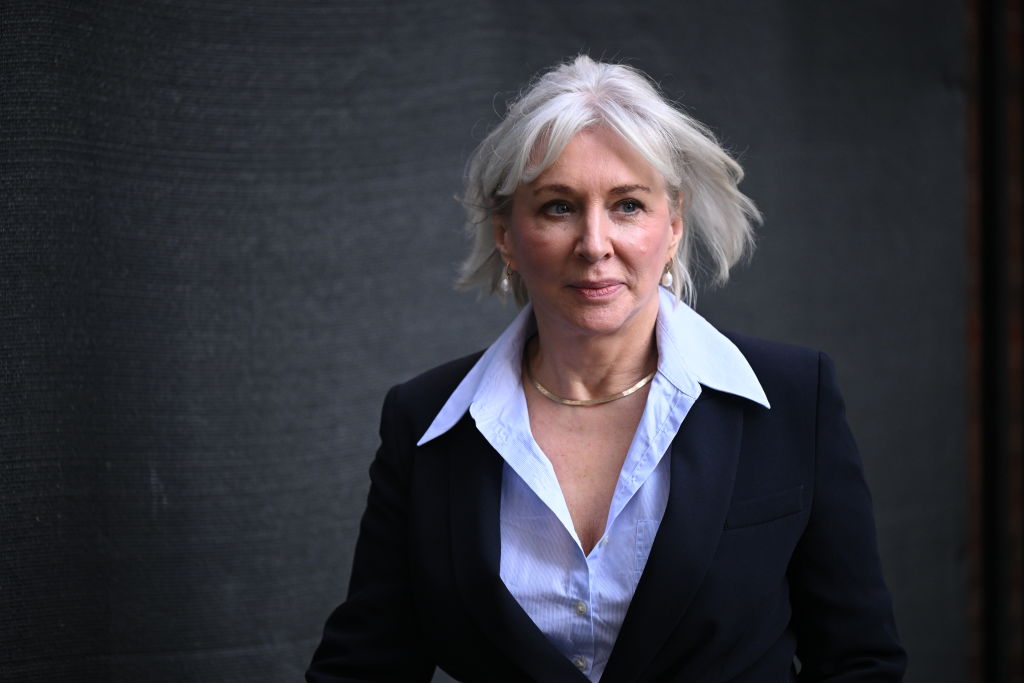Today marks the introduction of the Online Safety Bill: a “world-first” for online safety, but a behemoth bill of confusion.
Variations of today’s bill have been bounced around since David Cameron, drawing media attention and public uncertainty, and ultimately landing in the hands of reality TV personality turned politician Nadine Dorries.
As it stands today, the bill will require social media platforms, search engines and other apps and websites to tackle illegal activity and uphold stated terms and conditions. It will finally force US tech giants to get on board with a set of standards to safeguard online communities.
But it foists the power into Ofcom’s court, giving them the power to assess potential harms and act as the gatekeeper. The independent regulator will be able to require platforms to take specific action if the platforms fall down against their own guidance.
Crucially for Dorries, the bill is also about shifting censorship from the hands of “unelected” Silicon Valley and into the hands of democratic bodies.
This was made abundantly clear with the most recent tack-on of the final bill, which requires social media platforms to only tackle “legal but harmful” content, like self-harm and harassment, when it is set by the government and approved by parliament. It is also the most contentious part of the proposed laws.
Whoever sits in Dorries’ chair will have the power to add new “harmful” categories.
In attempting to clear up the grey area of asking platforms to decide what is and isn’t harmful, it has become a lightning rod for a debate over excessive government intervention.
Matthew Lesh, Head of Public Policy at the Institute of Economic Affairs, called the move a “recipe for disaster”.
For him, asking Big Tech to censor legal speech will wind up with “overzealous removal” whether there is parliamentary oversight or not. Ofcom could even be given the power to force platforms to automatically censor content that falls foul of the rules, rubbing further salt in the wounds of free speech champions.
It has also drawn the ire of the startup community, which has warned about a burden that only the biggest tech companies can afford – consolidating the power of Silicon Valley.
In a twist of fate for Nadine Dorries, in attempting to regulate the power of tech giants, critics of the bill have said the new legislation would “grant them even more”.
On the other side of this, Niamh Burns, analyst at Enders Analysis, framed the move as a “scaling back” of the bill, changing the focus from making these platforms “safe spaces” to trying to weed out particular content deemed harmful. Burns has sympathy for the government’s efforts, but warned that it was a game of “playing catch up”.
In earlier stages of the bill, the Joint Committee scrutinising the legislation, headed by Damian Collins, recommended that the offences contained in the bill were expanded to include things like “cyber-flashing” – or sending unsolicited naked pictures. Dorries acquiesced, and these were brought in.
In January this year, Julian Knight, the Chair of the House of Commons Digital, Culture Media and Sport Committee, was also wary of the draft legislation, saying it “neither protects freedom of expression nor is it clear nor robust enough to tackle illegal and harmful online content”.
In trying to appease those who would curb the powers of Big Tech further, those on the other side of the spectrum have only become more enraged.
Now, after decades of attempts to crack down on Big Tech, Dorries’ attempt to pull back their power has thrown everything into the mix – and pleased no one.
For all the latest Technology News Click Here
For the latest news and updates, follow us on Google News.

